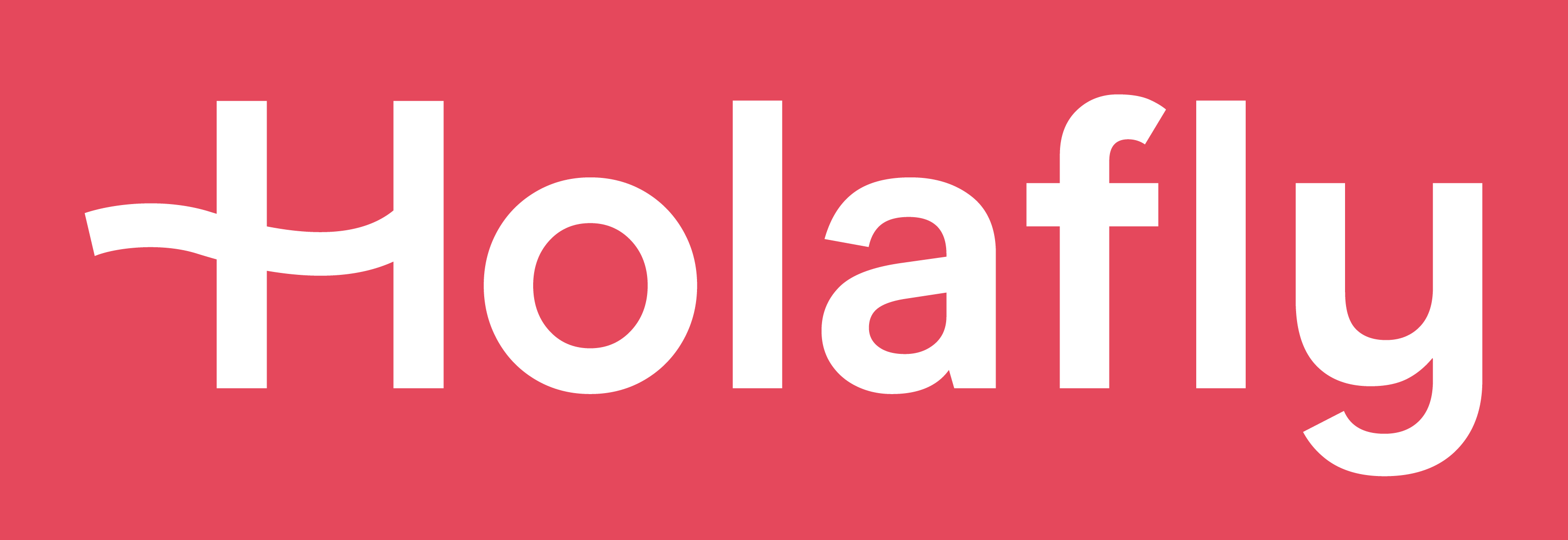In 2007, four friends – Igor Zhadanov, Alex Tyagulsky, Andrian Budantsov, and Dmitry Protserov – were inspired by the launch of the first iPhone while simultaneously disappointed by its limited set of native apps. Hailing from Ukraine, they recognized an opportunity to develop a revolutionary product, working tirelessly from a rented room in the coastal city of Odesa.
With diverse skills, they launched Readdle, a web service for Safari, driven by a customer-centric approach. Their dedication led to Apple noticing their work, challenging them to adapt to the upcoming App Store. The team’s unrelenting 14-day coding sprint resulted in Readdle’s successful App Store launch, rebranded as the Readdle Docs app.
In 2009, praise from Wall Street Journal‘s Walt Mossberg catapulted Readdle to a global market. Today, Readdle is renowned for creating top-tier productivity apps like Spark email client, PDF Expert, Scanner Pro, Documents, and Calendars. Readdle’s relentless efforts ultimately won it praise and awards, including from Apple, New York Times, and more.

Discover new horizons, always connected with eSIM
Travel the world stress and hassle-free with the best eSIM service available. Enjoy unlimited data, 5G speeds, and global coverage for affordable prices with Holafly. And, enjoy an exclusive 5% discount.
Success wasn’t always Readdle’s ally with every endeavor they tackled, however. The company launched as many as 32 products that proved to be a failure – including a pirate puzzle game. Nevertheless, Readdle bid adieu to that period of its adolescent history, celebrating over 200 million app downloads worldwide in 2022. Today, Readdle boasts nearly 300 employees in over 30 locations around the world working tirelessly to maintain the company’s state-of-the-art suite of productivity apps.
Readdle CEO Igor Zhadanov sat down for an exclusive interview with Supercharged to commemorate the 16th anniversary of the company behind world-renowned productivity apps for the iPhone, iPad, and Mac. Below are the direct questions and answers from the interview.

What are some of the biggest challenges you’ve faced as CEO of Readdle?
COVID and the war in Ukraine have damaged our capacity to work offline as one team. Transition to distributed work slowed down iteration and requires much more effort to keep everyone on the same page.
What are you most proud of about Readdle’s accomplishments over the past 16 years?
Team. Today Readdle is 300 amazing professionals across the globe who are proud to build great products for millions of users. Building such a team is the biggest outcome, and I am looking forward to seeing what Readdle will build in the next 2 years or so.

What are your thoughts on the future of the app development industry?
It has matured. Competition is intense, so just the bar of a “good enough” app is way higher than it has ever been. To build a successful app, one has to innovate on Product, design, engineering, and marketing – simultaneously. The good news is that there are so many sophisticated tools to help developers move fast and do the right thing. Advanced analytics, cloud, engineering components, and even AI-based tools are commodities today. It wasn’t the case when we started in 2007.
Moving forward, I believe we will have more personalization of apps to the user task and contexts. “One size fits all” won’t be the norm anymore.
What advice would you give to other entrepreneurs who are starting their own app development company?
It is very difficult to create success by “building an app”. Start with the customer, their real-life pains and needs. Instead of asking “What app can be built for your device?” focus on “What is the real need that users will be happy to pay for, if solved?”. One of the biggest challenges these day is distribution, so focus early on positioning, channels, and diving deep with early customers to see what the ultimate value is and how this can be replicated. We’ve seen a lot of great products failing to get traction because entrepreneurs assume users will see a great idea and just snap it up. They won’t unless you make it happen.
What are some of your favorite Readdle apps?
I’ve lived in Spark email for the last 7 years. It has changed the way we operate as a team and we use it daily, along with Slack and many other collaboration tools at Readdle.

What are your plans for Readdle in the next 16 years?
We’ve built Readdle to become a long-lasting company that helps hundreds of millions of people to be more productive. More than 200 million people have downloaded our apps, but it still feels like early days for us. New breakthroughs like AI or mobile camera evolutions are changing the game, and open opportunities we could only see in sci-fi movies recently. I am personally very excited about the next generation of apps that help users by knowing their work and life context, goals, and priorities. It feels like magic when tech becomes truly smart, and is handling complex tasks just the way you want it.
How has the app development industry changed over the past 16 years?
Gone are the days when one could just build a product, put it online and the users would come. A decade ago customers would buy a paper magazine at the airport with “Best Apps of August” charts and reviews.
Today App Stores and the internet are merely distribution channels. You need to build the full business, not an app to succeed.
The industry has matured. We see different business models, sophisticated technology, deep user research, rapid iterations, and data-based product decisions being the norm. Anything that happens within the app is not a coincidence and is more and more driven by personalization and automation. Just like Google search output is different for every user, apps are heading in that direction.
Sadly, we also see many bad, unethical, and illegal practices. Privacy violations, selling data to third parties, and shady marketing techniques are everywhere. Trust becomes a key factor for users to choose their apps.
What are the biggest trends in the app development industry right now?
Wow, there are many! Definitely, data-driven approaches for everything are the new norm. AI has shaken the industry and already powers what users see inside the apps. There is also tension between platform owners and developers around App Store rules, fees, and access to customer data.
What are the challenges and opportunities for app developers in the future?
Distribution is the biggest challenge. Readdle would have a very hard time starting from scratch today, we were lucky to reach enough customers in the early days of the App Store and now we are building on top of that. Second is brand and reputation. There are millions of apps, and users should not trust the majority of them, unfortunately. So building recognition as a trustworthy developer is critical.
What are your thoughts on the increasing regulation of the app development industry and app platforms?
Problems that regulation tries to address are real. However, the proposed solutions are rarely effective. Most regulation in tech makes it more difficult for small companies to enter the market and does not change the way incumbents are doing their business. The latter just passes the costs to comply with new regulations to the consumer.
There is a lot of debate in tech around regulations, and I genuinely want to have more people that deeply understand tech have a voice in those debates.
Dating back, how has Readdle’s relationship with Apple changed and shifted over the years, for better or worse?
Apple is one of the most amazing companies we’ve worked with. They understand the critical role that developers play in Apple’s success and invest a lot in the developer ecosystem. Because of the scale, every developer had their challenges with Apple’s decisions, but for us, it worked really well. We’ve built great products that showcase examples of what Apple devices can do for end users. In a way, Readdle is a poster child for Apple’s vision of a successful developer and it is a win for users, Readdle and Apple.

What’s one mistake or regret you have as CEO and/or that Readdle did that you and the team corrected and learned from?
Thinking that we can move our work over to Zoom and innovate fast. Remote works well for business as usual, but it seems that humans are wired to do great things when they are all in one room. So this year, we started to travel way more and get teams to be together as much as possible.
As CEO, what approach do you take to prioritizing different projects within the company?
I have to think about three horizons – what are we doing now, what will drive our success in 1-2 years, and what will completely disrupt Readdle in 5 or more. For the latter, we naturally want to build it ourselves. Prioritizing becomes an exercise to make sure we invest enough in each of the 3 horizons. While there are no silver bullets, I believe the key principle is that the team makes decisions that contribute to long-term success, even if it is hard today.


